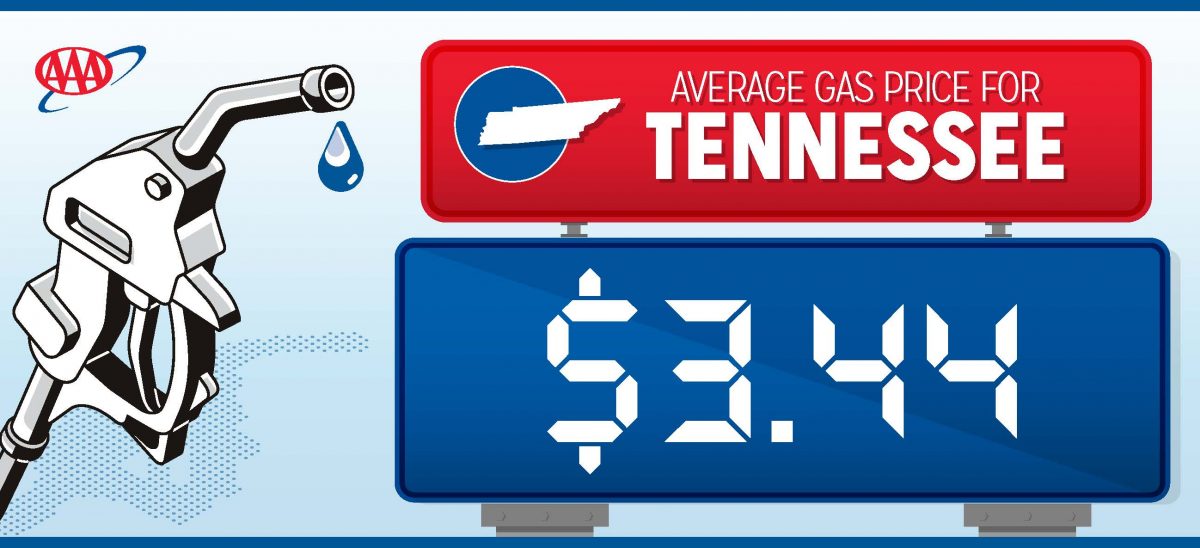The tanks rolling on Ukraine have arrived at Tennessee gas pumps.
AAA, the auto club and gas price watcher, said average gas prices in Tennessee have jumped 15 cents in the last week. Prices have jumped 35 cents in the last month and 94 cents over the last year.
The latest increase, AAA said, is directly connected to Russia’s invasion of Ukraine. The move roiled the oil market with crude spiking over $100 per barrel before settling back into the mid-$90 range.
“Russia’s invasion and the responding escalating series of financial sanctions by the U.S. and its allies have given the global oil market the jitters,” said Megan Cooper, AAA spokeswoman. “Like the U.S. stock market, the oil market responds poorly to volatility. This serves as a reminder that events on the far side of the globe can have a ripple effect for American consumers.”
AAA said U.S. gas stocks decreased by 600,000 barrels last week to a total of more than 246 million barrels. Gas demand rose slightly here at the same time. Together, lower supply and higher demand are expected to continue to push gas prices higher.
Tennessee ranks seventh among U.S. states for the largest weekly increase. The highest 10 percent of pump prices across the state are around $3.69 for regular unleaded. The lowest 10 percent are around $3.19, AAA said.
Memphis had some of the least expensive gas prices in the state with an average price of $3.40. Nashville had the highest at around $3.53 per gallon.

The lowest gas price in the Memphis area is the Kick Stop in Horn Lake on Goodman Road. A gallon of regular was listed there at $2.89 per gallon, according to the Gas Buddy website. This was followed by the Marion, Arkansas Walmart ($2.95) and the Memphis Exxon on Perkins ($2.95).
To cut your fuel bill, AAA suggests limiting your drive time, removing excess weight in your car, driving conservatively, and consider paying cash as some retailers charge more for customers using cards.
